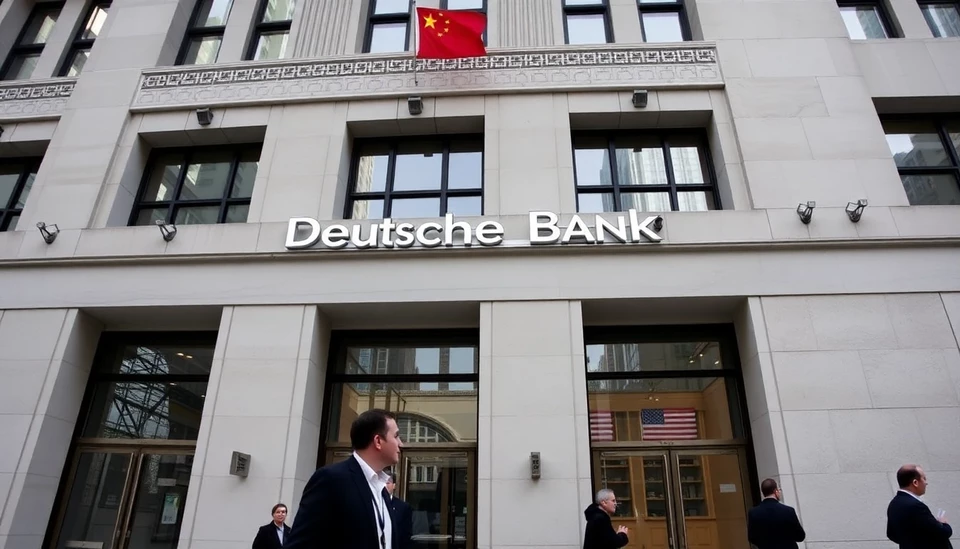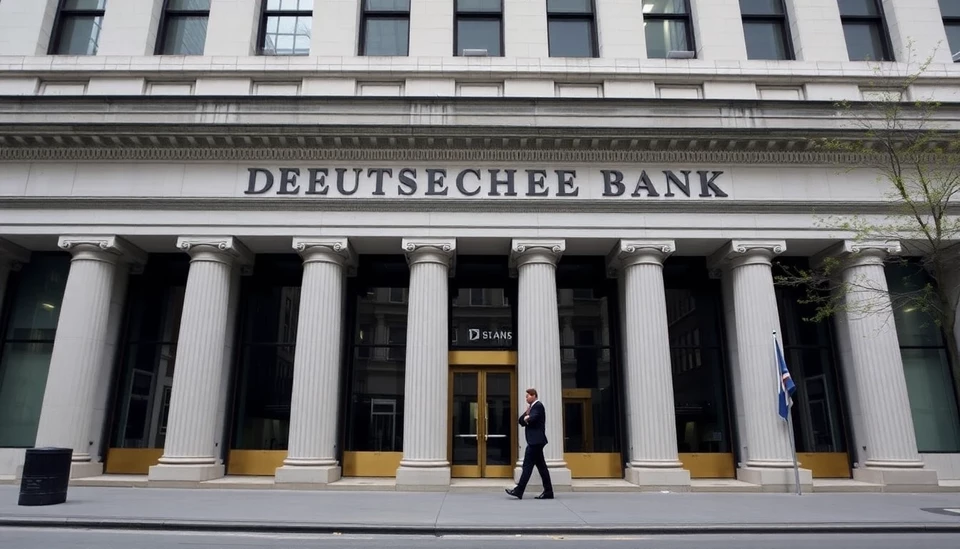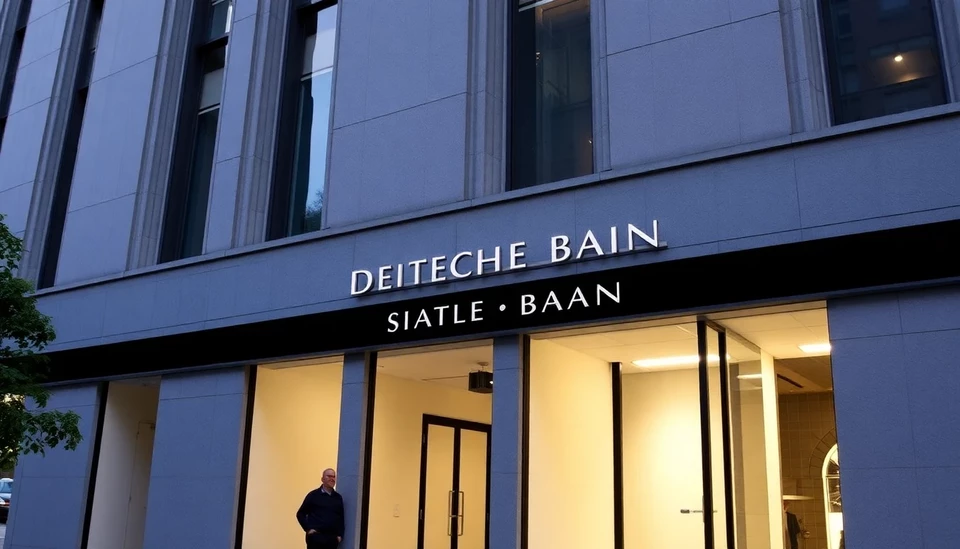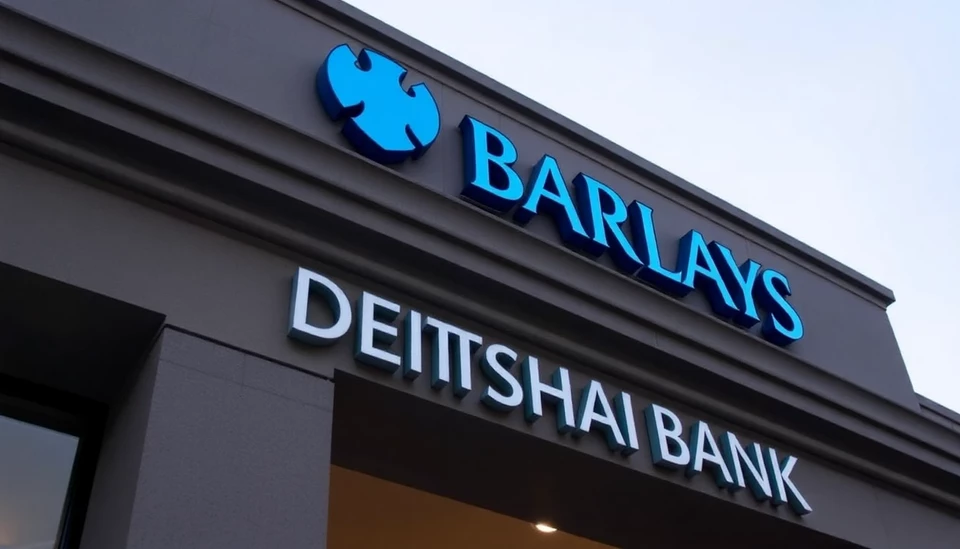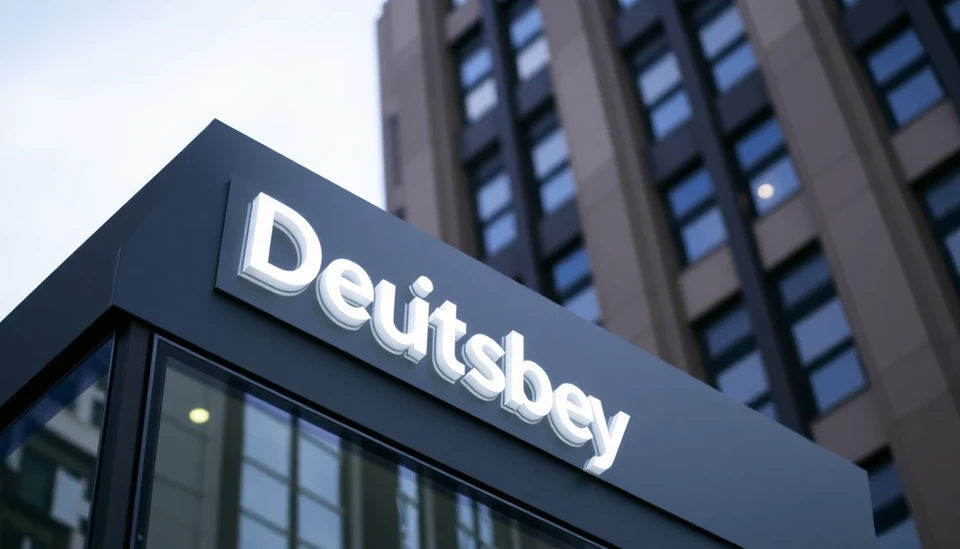
In a significant development that points to the broader implications within the financial landscape, Deutsche Bank is making headlines with its decision to provide a staggering $2.1 billion loan to Peabody Energy Corporation, a move that places the German bank in a relatively isolated position among its peers. Peabody, one of the largest coal producers in the United States, has been grappling with financial struggles as it continues to navigate the energy transition amid rising environmental concerns.
This enormous financial commitment from Deutsche Bank comes during a time when many traditional banks are increasingly cautious about funding fossil fuel projects. This has led to speculation regarding the strategic vision of Deutsche Bank and its willingness to back industries that are facing considerable pushback due to climate change ramifications.
Analysts note that not only does this bold decision differentiate Deutsche Bank from other financial institutions hesitant to extend credit to the coal sector, but it also raises questions about the long-term sustainability of such investments. With the world increasingly focusing on renewable energy solutions, banks that choose to back coal producers might find themselves at odds with evolving market sentiments and stricter regulatory frameworks.
Peabody’s decision to pursue the loan is a clear reflection of its current predicament. The company has been striving to restructure its operations and ensure financial viability in an increasingly competitive and environmentally conscious marketplace. Nevertheless, the choice of Deutsche Bank as its lender signals a unique partnership, as the bank is seemingly willing to take on risks that others would likely avoid.
Observers suggest that this transaction may symbolize a pivotal moment for Deutsche Bank, potentially establishing it as a leading player willing to defy conventional banking norms during the transition towards greener energy solutions. However, such a move also places the bank under scrutiny, with shareholders and stakeholders closely monitoring how this aligns with their broader corporate messaging regarding sustainability and responsibility.
As the energy sector continues to evolve, the ramifications of Deutsche Bank’s decision could reverberate through the financial community. It raises concerns about the future of lending practices within the industry and whether banks will continue to support companies in sectors that conflict with global sustainability goals. The commitment to Peabody has undoubtedly stirred debate about what it means for Deutsche Bank’s corporate ethos moving forward.
Ultimately, as Deutsche Bank steps into the limelight with this $2.1 billion loan, all eyes will be on the outcomes of this venture. Will it pave the way for more collaborations with high-pollution industries, or will it take the bank down a path fraught with challenges in a world that is increasingly favoring green finance?
Only time will tell, but as this story unfolds, it is clear that Deutsche Bank has placed itself in a unique position within a rapidly changing financial environment.
#DeutscheBank #PeabodyEnergy #CoalLoan #Sustainability #FinanceNews #EnergyTransition
Author: Samuel Brooks
